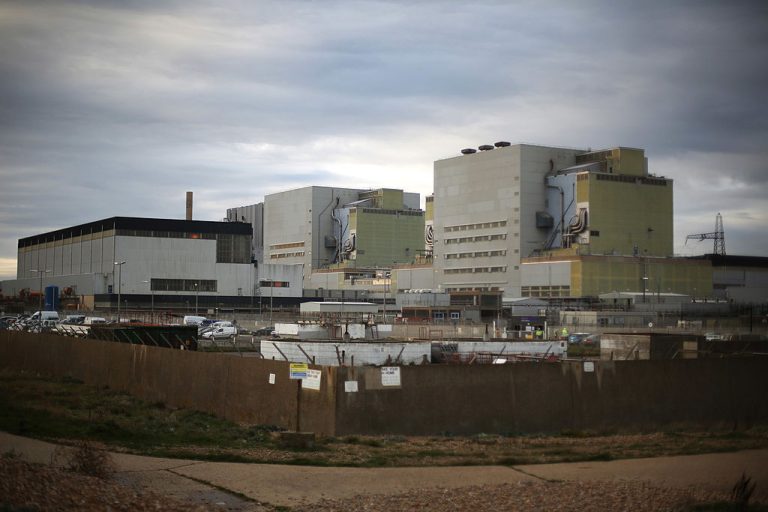Britain is on the verge of a comprehensive nuclear power renaissance, according to British Energy Security Secretary Grant Shapps.
The Minister spoke last month in London on the occasion of establishing a new government agency called “Great British Nuclear” (GBN). This initiative is intended to help generate a quarter of the UK’s electricity consumption from nuclear power by 2050.
The British government has created a fund worth up to £157 million ($202 million) for promoting various projects and beefing up further development of nuclear power in Great Britain.
“This will boost UK energy security, reduce dependence on volatile fossil fuel imports, create more affordable power and grow the economy, with the nuclear industry estimated to generate around £6 billion for the UK economy,” stated the Government press release.
Shapps said it could take until at least 2029 for the plants to be commissioned. However, he hopes for investment decisions by then so that the first nuclear reactors could generate electricity in the 2030s.
Neglected nuclear power a ‘colossal mistake’
Success
You are now signed up for our newsletter
Success
Check your email to complete sign up
According to Shapps, GBN’s mission is to “advance the rapid expansion of nuclear energy on an unprecedented scale and pace.” He called the course of previous governments, which had neglected nuclear power, a “colossal mistake.” They were influenced by the anti-nuclear movements of the 1970s and 1980s, he said.
“This sentiment seeped into the government itself,” Shapps added. “And by the early 1990s, the British nuclear industry was in decline as a result.”
The consequence has been an ever-increasing dependence on fossil fuels. Now the “beginning of a new nuclear age, a renaissance” is imminent. “Misplaced fears” of this technology would no longer “dominate the scene.”
Shapps did not elaborate on which factors were responsible for easing those safety concerns, as the dangers of nuclear energy, as the disasters of Chernobyl, Fukushima, and Zaporizhzhia showed, haven’t eased at all.
READ MORE
- Sweden Merges Its Environmental Authority With Ministry of Energy, Plans to Restart Nuclear Power Plants
- Germany Keeps Two Nuclear Reactors on Standby to Weather Gas Crisis
- British Government May Block China From Owning British Nuclear Power Plants
- Europe’s Largest Nuclear Power Plant in a ‘Potentially Dangerous’ Situation, Watchdog Claims
Britain is “at the forefront of a global race to develop cutting-edge technologies to deliver cleaner, cheaper, and safer energy rapidly,” Shapps continued. He said the goal is to create innovations, improve energy security, make energy affordable, and ensure growth.
There was no mention in the report of a study into the possible exploitation of thorium, an ubiquitous, nuclear near free-energy resource, at a very low cost. One kilogram yields enough power to keep the entire nation running for one year.
However, thorium doesn’t generate as much radioactive waste as uranium does after being processed and so not as profitable to be recycled into ammunition with all the associated consequences as the thousands of deformed babies born in Iraq and former Yugoslavia can attest to.
Earlier this year, Britain said it would supply armor-piercing munitions containing depleted uranium to Ukraine to help destroy Russian tanks, a step President Vladimir Putin said would force a response from Moscow as the weapons had a nuclear component.
‘No Chinese participation’
The Minister also brought up the issue of the Chinese Communist Party (CCP) infiltration or participation in the initiative, other than financially. “I will not allow Chinese money to flow into anything that is part of our national infrastructure,” he said, adding that there will be no technology transfer.
Earlier, a parliamentary oversight committee raised concerns about the role of the communist regime in the civilian nuclear energy sector. Shapps said he was taking those security concerns seriously.
China General Nuclear, a company close to the Communist Party, pulled out of the Sizewell C nuclear power plant project in Suffolk last year. However, the parliamentary committee warned of possible further entry plans by Beijing to access intellectual property and technology.
Reuters contributed to this article.

















